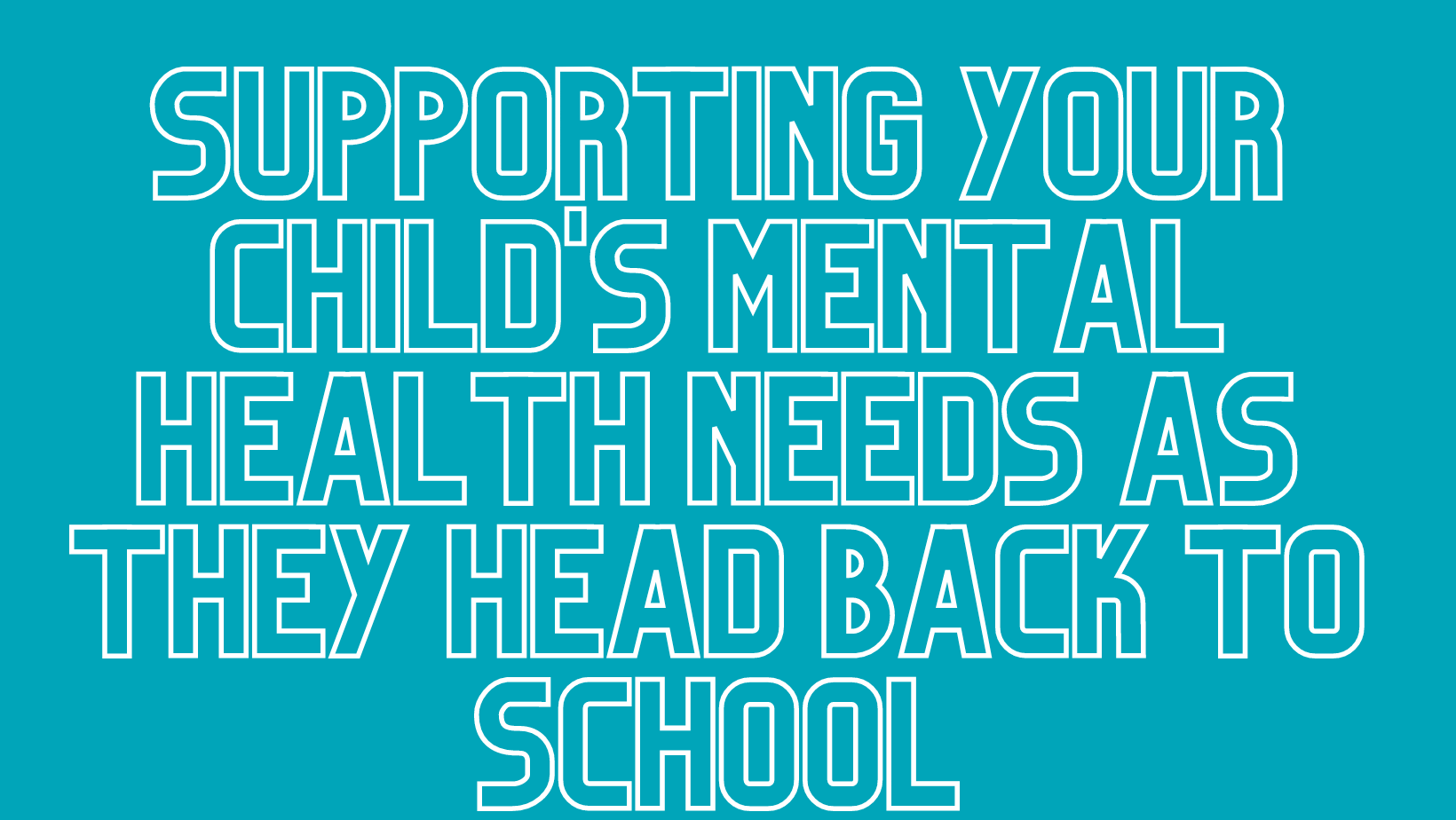
Nurturing Minds: Back-to-School Tips to Support Kids’ Mental Health Needs
As the summer days begin to wane, the arrival of a new school year can be both exciting and overwhelming for children. Transitioning from the relaxed routines of vacation to the structured environment of classrooms can put a strain on their mental well-being.
In this blog post, we will explore valuable back-to-school tips that parents, educators, and caregivers can employ to support children’s mental health needs and ensure a smooth and successful transition into the school year. With the right strategies, we can create an atmosphere of understanding, resilience, and growth for our young learners.
Open Communication Channels
Effective communication forms the bedrock of any supportive environment. Encourage open dialogue with your child about their feelings, anxieties, and expectations surrounding the upcoming school year. Actively listen to their concerns and validate their emotions. Assure them that their experiences and opinions matter, fostering a sense of security and trust.
Establish Routines
Predictability and structure provide children with a sense of security, especially during times of change. Create a consistent routine that encompasses daily activities, including regular wake-up and bedtime schedules, homework time, and extracurricular activities. A well-established routine helps children feel more organized, reducing back-to-school anxietyand promoting mental well-being.
Encourage Healthy Lifestyle Habits
Physical and mental health are intricately linked. Ensure your child gets enough sleep, engages in regular exercise, and follows a nutritious diet. Adequate sleep and physical activityboost mood, increase focus, and reduce stress levels. Encourage healthy eating habits by involving your child in meal planning and preparation and emphasize the importance of a balanced diet.
Foster Social Connections
Strong social connections are crucial for positive mental health. Help your child cultivate friendships by encouraging social interactions in and outside the classroom. Arrange playdates, encourage extracurricular activities, and support participation in team sports or clubs that align with their interests. These experiences foster a sense of belonging and enhance social skills, promoting resilience and emotional well-being.
Teach Stress Management Techniques
School life can sometimes be stressful, and teaching children effective stress management techniques equips them with valuable coping skills. Encourage relaxation practices such as deep breathing exercises, mindfulness, or engaging in hobbies they enjoy. Help them identify their stress triggers and explore healthy ways to manage them, such as talking to a trusted adult, journaling, or engaging in creative outlets.
Address Bullying and Peer Pressure
Bullying and peer pressure can have a profound impact on a child’s mental health. Discuss the importance of respectful behavior, empathy, and inclusion with your child. Encourage them to report any instances of bullying, assuring them that seeking help is a sign of strength. Foster a supportive environment at home that promotes kindness, empathy, and standing up against bullying.
Collaborate with Educators
Maintain open lines of communication with your child’s teachers and school staff. Share any pertinent information about your child’s mental health needs or concerns. Collaborate on strategies to address potential challenges and ensure consistency between home and school environments. Establishing a partnership with educators promotes a holistic approach to supporting your child’s mental well-being.
Prioritize Self-Care
Parents and caregivers play a pivotal role in supporting children’s mental health, but it’s equally essential to prioritize self-care. Take time for yourself, engage in activities that recharge your energy, and seek support from your own social network or professional resources when needed. Your well-being sets a positive example for your child and enables you to provide the best support possible.
As we gear up for another school year, let’s prioritize the mental health needs of our children. By fostering open communication, establishing routines, encouraging healthy habits, promoting social connections, teaching stress management techniques, addressing bullying, collaborating with educators, and prioritizing self-care, we create a supportive environment for our young learners to flourish academically and emotionally. Together, let’s take the next step towards nurturing the minds of our children and fostering their mental well-being.
Our multidisciplinary team is here to support you, your child, and your family as you head back to school. To schedule an appointment, click here.
Related Posts
An Introduction to PTSD
If you have experienced a life-threatening event which caused you to feel...
What is Bipolar Disorder?
One of the most dangerous aspects is that multiple untreated manic or hypomanic...

